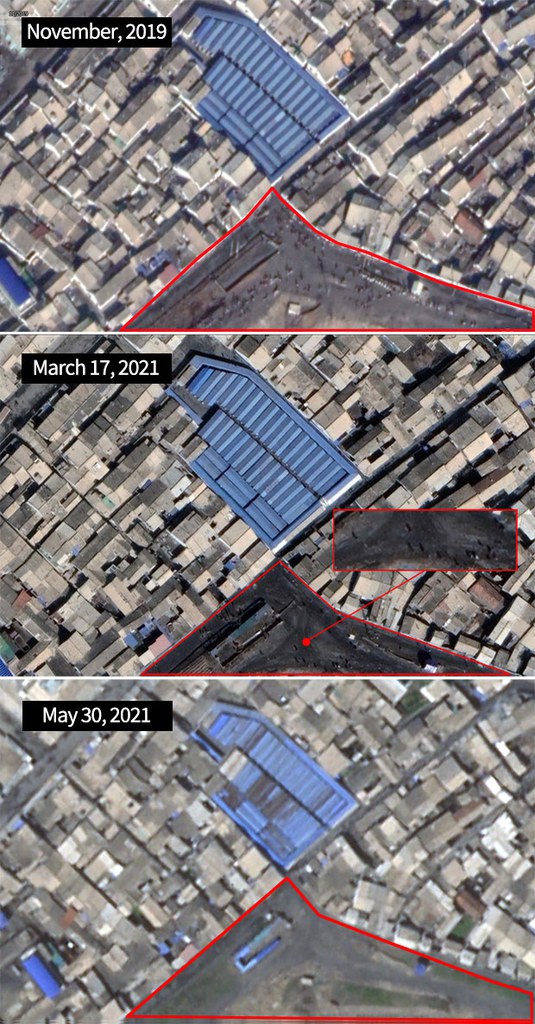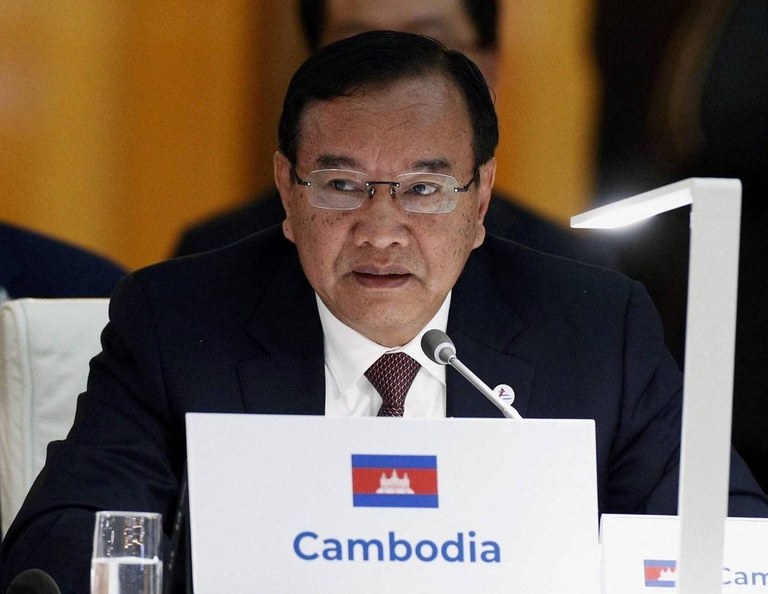Unvaccinated North Korean soldiers told to use saltwater, mugwort smoke when sick
With a shortage of vaccines in North Korea, the government is telling unvaccinated soldiers to rely on unproven folk remedies if they come down with coronavirus symptoms, sources in the country told RFA. North Korea has been importing Chinese vaccines for use among the military and has held widely publicized vaccination campaigns involving soldiers. But not every member of the military has been fortunate enough to receive the so-called “potion of love” from the country’s leader, Kim Jong Un. Instead, they have been told to turn to unproven folk remedies if they get sick. “Fever continues to emerge among soldiers who could not be vaccinated due to a lack of vaccines,” a resident of South Hwanghae province, on the peninsula’s western coast, told RFA’s Korean Service on condition of anonymity for security reasons. “Military authorities are recommending folk remedies such as indoor disinfection using mugwort smoke and gargling with salt water,” she said. According to the source, only soldiers working off base were vaccinated due to an insufficient amount of vaccine inventory imported from China. “The vaccinations were limited to the soldiers of the military police squadron who perform crackdowns against other soldiers, the communication battalion, the divisional medical office, and the rear support battalion. Even so, soldiers within those units who are on ordinary guard duty, are known to have been excluded from the vaccination,” she said. “Unvaccinated troops and soldiers were excluded from rural support or community service. Last year, soldiers helped rice planting and harvesting at a nearby farm. But, this spring, the authorities banned the unit from rural support activities due to fear of the spread of COVID-19,” said the source. In North Hamgyong province, in the country’s northeast, only the coast guard, the military police and staff of military hospitals are vaccinated, a resident there told RFA on condition of anonymity to speak freely. “The military authorities are designating units and soldiers to be vaccinated separately as there is a shortage of COVID-19 vaccines. Only officers and soldiers who have been vaccinated are permitted to engage in outside activities,” the second source said. “Most soldiers who did not get vaccinated were instructed not to leave the barracks and to prevent COVID-19 with folk remedies such as mugwort smoke disinfection and gargling salt water,” she said. Soldiers tending two salmon farms, one of which Kim Jong Un once visited to provide guidance on its operations, were also excluded from vaccination, according to the source. Places visited by the country’s leaders are usually given special considerations long after the trip, so it is somewhat surprising that the fish-raising soldiers did not receive vaccines. “There are complaints within the military over what authorities have implemented. The authorities have declared a national emergency and even implemented nationwide lockdown measures to prevent the spread of COVID-19, but they have failed to secure enough COVID-19 vaccines,” said the second source. “Very few soldiers have been vaccinated. However, some soldiers are rather fortunate in that they were not mobilized for rural support labor because they are not vaccinated,” she said. RFA reported in May that the North Korean government began a vaccination campaign for soldiers working on a high-priority construction project in Pyongyang. The event was filmed and used as propaganda, complete with soldiers weeping at receiving Kim Jong Un’s “Immortal Potion of Love.” Citizens who saw the propaganda complained that the government only secured enough vaccines for the military, not for the general public. After two years of denying the pandemic had penetrated its closed borders, North Korea in May declared a “maximum emergency” and acknowledged the virus had begun to spread among participants of a large-scale military parade the previous month. Though North Korea has not been tracking confirmed coronavirus cases, possibly due to lack of testing equipment, state media has been publishing daily figures of people who report fever symptoms. As of Monday, 4.65 million people have come down with fever, nearly 99.4 percent of whom have recovered, according to data published by the state run Korea Central News Agency. Translated by Claire Lee and Leejin J. Chung. Written in English by Eugene Whong.




